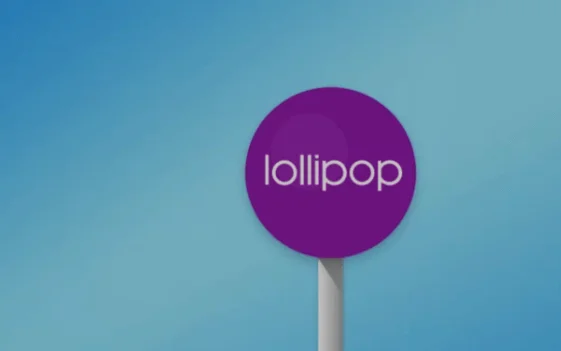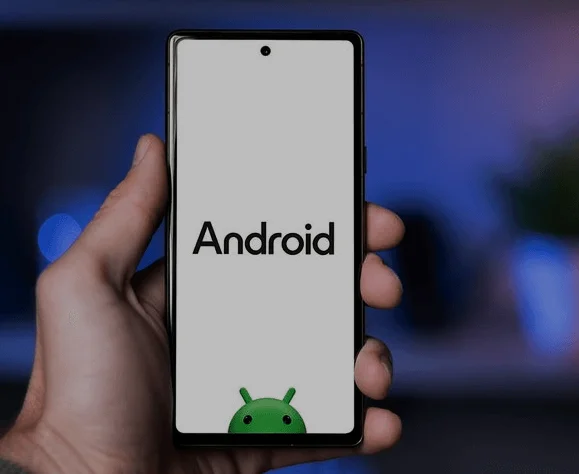Introduction

Google has declared the end of support for Android Lollipop, this version of the Android operating system has been around since before the release of Android Nougat. This is the final act to an OS that has introduced numerous changes and enhancements to the Android world. It is pertinent to look topically at the history of this decision and all it enforces plus its benefits and consequences.
A Brief History Of Android Lollipop
Android Lollipop was announced in June 2014 during the Google I/O developers conference aimed towards developers and made available for use in the market in November 2014. It was a big release and included new design paradigm known as Material Design, better notifications and power management, and many others. The first device that came with Lollipop as their out of the box experience was the Nexus 6 made by motorola.
Key Features Of Android Lollipop
- Material Design: Added new and more bright and fresh looking design language coupled with better response.
- Notifications: Automated alert that comes with heads-up alerts message and lock screen notifications.
- Battery Saver: Enabled a battery saver mode to help save the device battery.
- Performance: Moved to the new ART runtime for the execution of apps and better multitasking facility.
- Security: Better security feature with SEL as the enforcing mode and Smart Lock security.
The End Of An Era

Google have declared their decision to no longer provide updates to google play services on android Lollipop that is Android 5. 0 to 5. 1. 1. This decision is rather crucial, but not really shocking, because every version mentioned above occupies less than 1% of all active Android devices.
Reasons For Dropping Support
- Focus on Modern Versions: That way Google will be able to focus and invest more on sustaining and enhancing other updates for latest releases of the OS.
- Enhanced Security: Mobile operating systems has improved over time with newer versions having better security features; work isolating themselves to the newer versions ensures improved security for users.
- Compatibility: It is beneficial for the development of new apps and services to support only current versions, as this way they will be compatible with the majority of devices.
What This Means For Lollipop Users
Although the devices operating with Android Lollipop as the main operating system will remain operational, they will not get any updates and enhancements, security patches as well as compatibility with a number of Google apps that require the latest Google Play services. Some disadvantages are regarded as reduced capabilities and expanded threats, which most users face as time goes by.
Transition to Newer Versions
Google uses information stating that it is advisable to update to the newer versions of Android to get the newer version features and included security improvements. Google has released the latest stable build of Android, version 14, which they have dubbed “Upside-Down Cake”. Furthermore, the company has already put Android 15 – “Vanilla Ice Cream” into the beta stage.
Conclusion
In conclusion, Google has officially deprived Android Lollipop of updates, despite the fact that this version of the operating system has been released less than 10 years ago. This should not come as a surprise since Lollipop currently sits at only 0.7% of the total active Android devices. This decision from Google will help in securing the versions, improving compatibility, as well as create new applications and services.
In my opinion, this is a good move by Google to take since their previous choice of App store was not very good. Software users should specifically encourage old versions of software that carry new versions, security enhancements, and better performance. This would change the status quo. In a way even for the Lollipop users who might find it a bit inconvenient to upgrade to the newer versions it will be beneficial for them to do so as it will improve the general Android experience.
How do you feel about Google’s decision to not supporting Android Lollipop? So, in your opinion, is the strategy right for unlocking the markets, or does it compromise some clients’ security? Please do share your ideas and let the discussion go on! In your opinion, what more could Google do in order to make the transition to the newest versions smoother for the users?

